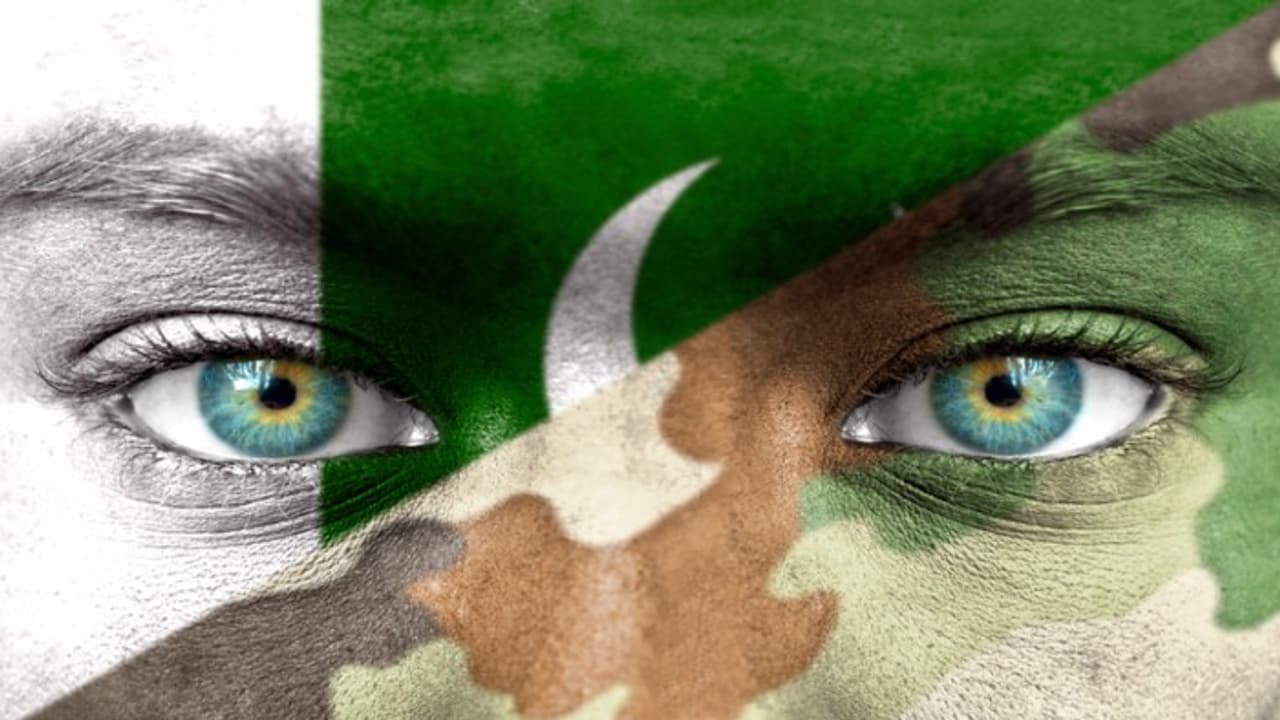India faces an ongoing terror threat from Pakistan-backed groups like LeT and JeM. Decades of attacks, from 26/11 to Pulwama, expose Pakistan’s state complicity. India must lead global action to counter this menace.
For decades, India has borne the brunt of Pakistan’s dangerous game of nurturing terrorism. From the bustling streets of Mumbai to the sacred halls of Parliament in New Delhi, Pakistani terrorists have left a trail of blood and destruction. Yet, Pakistan continues to dodge accountability, hiding behind flimsy excuses while its soil remains a breeding ground for global terror. It’s time India calls out this menace loudly and clearly—Pakistan’s terrorism is not just India’s problem; it’s a global crisis.

The 26/11 Mumbai attacks of 2008 were a wake-up call. Ten Lashkar-e-Taiba (LeT) terrorists, trained and armed in Pakistan, held India’s financial capital hostage for three days, killing 166 people, including innocent civilians, tourists, and brave security personnel. The capture of Ajmal Kasab, the lone surviving terrorist, exposed Pakistan’s role beyond doubt. Kasab’s confession revealed the names of his handlers, their training camps in Pakistan, and the meticulous planning by LeT, a group openly supported by Pakistan’s Inter-Services Intelligence (ISI). For once, Pakistan’s usual denials—“it’s a false flag” or “these are non-state actors”—fell flat. Pakistani media outlets, to their credit, confirmed Kasab’s nationality and LeT connections, leaving Islamabad red-faced.
But 26/11 was not an isolated incident. Pakistan’s terror footprint on Indian soil goes back decades. In 1993, Mumbai was rocked by serial bomb blasts that killed 257 people. The attack was orchestrated by Dawood Ibrahim, a mafia don sheltered by Pakistan to this day. In 2001, Jaish-e-Mohammed (JeM) terrorists attacked India’s Parliament, nearly triggering a full-scale war. The 2002 Akshardham temple attack in Gujarat and the 2006 Mumbai train bombings, which claimed 189 lives, were also traced back to Pakistani terror groups. More recently, the 2016 Pathankot airbase attack and the 2019 Pulwama bombing, which killed 40 Indian soldiers, were linked to JeM, whose leader, Maulana Masood Azhar, roams free in Pakistan despite global sanctions.
Pakistan’s excuse? “We are victims of terrorism ourselves.” This is a convenient lie. While Pakistan has faced internal violence, its military and ISI have actively sponsored terror groups targeting India. LeT, JeM, and Hizbul Mujahideen operate with impunity from Pakistani soil, often with state protection. Osama bin Laden, the mastermind of 9/11, was found living comfortably in Abbottabad, near a Pakistani military base. Zaki-ur-Rehman Lakhvi, the architect of 26/11, was briefly jailed in Pakistan but now lives freely. This is not a country fighting terrorism; it’s a country enabling it.
India has shown remarkable restraint, but at what cost? Thousands of Indian lives have been lost, and our cities live under constant threat. Pakistan’s terror infrastructure thrives because the world has been too soft on it. The Financial Action Task Force (FATF) placed Pakistan on its “grey list” for terror financing until 2022, but its removal was more about geopolitics than reform. Just two years later, in September 2024, the FBI arrested Muhammad Shahzeb Khan, a Pakistani national in Canada, plotting an ISIS-inspired attack in New York. This shows Pakistan’s terror factory is still churning out threats, not just for India but for the world.
What makes Pakistan’s role even more sinister is its double game. While it claims to cooperate with the West, it shields terrorists targeting India. Omar Saeed Sheikh, who funded 9/11 hijackers, and Tahawwur Rana, a 26/11 conspirator, are products of Pakistan’s extremist ecosystem. Even Pakistani elites, like Faisal Shahzad, the 2010 Times Square bomber, and Rana, a former Pakistani army doctor, have been linked to terrorism. This is not about “rogue elements”; it’s about a state-sponsored ideology of hate.
India cannot afford to wait for another tragedy. We must act decisively. First, India should push for global sanctions on Pakistan’s military and ISI officials who back terror groups. Second, we must strengthen our intelligence and border security to prevent infiltrations, like those in Jammu and Kashmir. Third, India should rally international support, exposing Pakistan’s role at forums like the United Nations. Finally, we must invest in cyber and economic measures to choke Pakistan’s terror funding.
Pakistan’s defenders may cry foul, claiming it’s being unfairly targeted. But the evidence is overwhelming—Pakistan is the epicenter of global terrorism. India has suffered for too long, and our patience is not a sign of weakness. It’s time for the world to hold Pakistan accountable, or the next 26/11 could strike anywhere—from Delhi to New York. For India, the message is clear: we will not forgive, and we will not forget.
(Girish Linganna, the author of this article, is an award-winning Science Writer and a Defence, Aerospace & Political Analyst based in Bengaluru. He is also Director of ADD Engineering Components, India, Pvt. Ltd, a subsidiary of ADD Engineering GmbH, Germany. You can reach him at: girishlinganna@gmail.com )


